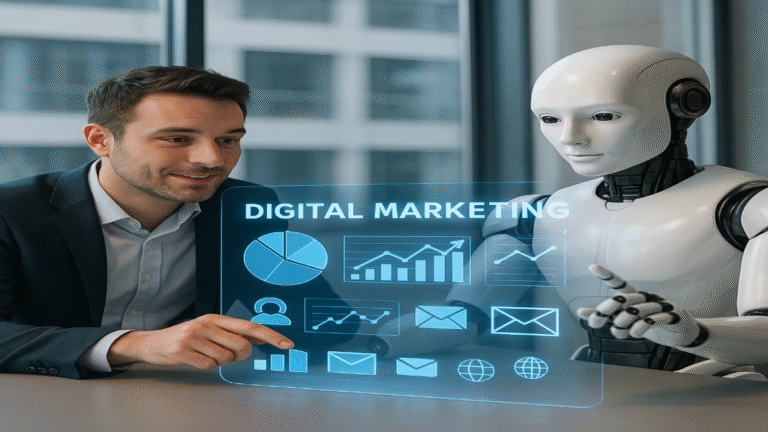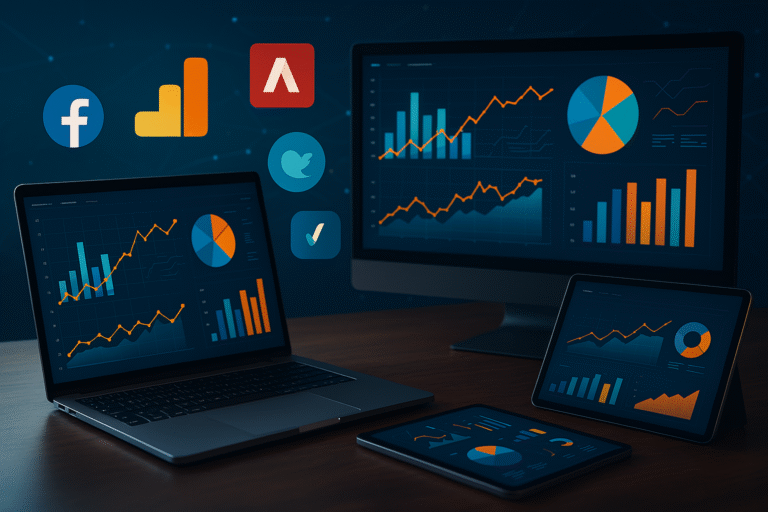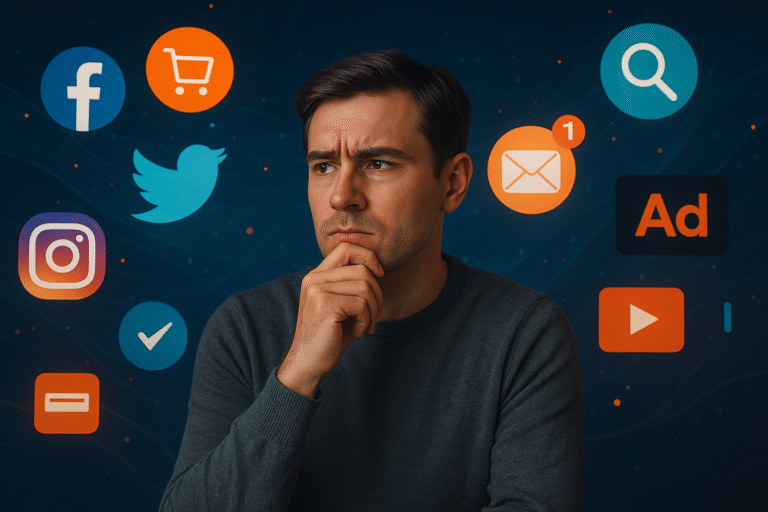
Digital Marketing vs. Internet Marketing: Unraveling the Key Differences and Strategic Implications
Meta Description:
Confused about digital marketing vs. internet marketing? Discover their unique definitions, core differences, and how to choose the right strategy for your business. Perfect for marketers aiming to maximize ROI!
Introduction
The digital age has revolutionized how businesses connect with audiences, but the jargon-filled landscape often leaves marketers puzzled. One common debate is whether “digital marketing” and “internet marketing” are interchangeable terms. While both leverage technology to engage audiences, they differ in scope, channels, and application. Misunderstanding these concepts can lead to ineffective strategies and wasted budgets. In this comprehensive guide, we’ll dissect their definitions, compare their strengths, and help you decide which approach aligns with your goals.
What is Digital Marketing?
Digital marketing encompasses all promotional efforts that use digital channels or electronic devices to reach consumers. This broad category includes both online and offline tactics:
- Online Channels: Social media ads, SEO, email campaigns, pay-per-click (PPC), and affiliate marketing.
- Offline Channels: SMS marketing, QR codes, digital billboards, and even radio/TV ads streamed via digital platforms.
Key Features:
- Omnichannel Reach: Targets audiences across devices (smartphones, laptops, smart TVs) and environments (online and offline).
- Data-Driven Insights: Tracks metrics like engagement rates, conversion paths, and customer lifetime value.
- Flexibility: Adapts to emerging trends like voice search, AI chatbots, and IoT-connected devices.
Example: A retail brand runs Instagram ads (online) while also sending location-based SMS offers (offline) to drive foot traffic.
What is Internet Marketing?
Internet marketing is a subset of digital marketing focused solely on online platforms. It involves strategies designed to attract, engage, and convert users via the internet:
- Search engine optimization (SEO)
- Content marketing (blogs, videos, podcasts)
- Social media marketing (Facebook, LinkedIn, TikTok)
- Email marketing and online display ads
Key Features:
- Web-Centric: Relies entirely on internet connectivity.
- Global Audience Access: Breaks geographical barriers, enabling businesses to target international markets.
- Real-Time Interaction: Facilitates instant feedback through comments, shares, and live chats.
Example: A SaaS company uses Google Ads and LinkedIn posts to promote its software to remote teams worldwide.
Digital Marketing vs. Internet Marketing: Core Differences
| Aspect | Digital Marketing | Internet Marketing |
|---|---|---|
| Scope | Broad (online + offline channels) | Narrow (online-only) |
| Channels | SMS, SEO, podcasts, digital TV | SEO, social media, PPC, email |
| Accessibility | Requires digital devices (not necessarily internet) | Requires active internet connection |
| Target Audience | Local (e.g., billboards) or global | Primarily global |
| Use Cases | Brands with offline presence (e.g., retail stores) | E-commerce, SaaS, online services |
Similarities Between Digital Marketing and Internet Marketing
Despite their differences, both disciplines share common ground:
- Data-Centric Strategies: Use analytics tools (Google Analytics, HubSpot) to measure ROI.
- Audience Segmentation: Leverage demographics, interests, and behaviors for personalized campaigns.
- Cost-Effectiveness: Offer scalable budgets compared to traditional marketing (TV, print).
- Dynamic Adaptation: Evolve with algorithm updates (e.g., Google’s Core Web Vitals).
Which Strategy Should You Choose?
Your choice depends on business goals, audience behavior, and industry:
- Opt for Digital Marketing If:
- Your audience engages offline (e.g., older demographics using SMS).
- You want integrated campaigns (e.g., QR codes on product packaging).
- Opt for Internet Marketing If:
- Your business operates 100% online (e.g., e-commerce store).
- You prioritize global reach and real-time engagement.
Pro Tip: Combine both! A fitness app could use YouTube ads (internet marketing) and partner with gyms for QR code promotions (digital marketing).
Future Trends Shaping Both Fields
- AI-Powered Personalization: Chatbots and predictive analytics will refine targeting.
- Voice Search Optimization: As smart speakers proliferate, voice SEO becomes critical.
- Privacy-Centric Marketing: GDPR and cookie-less tracking demand ethical data practices.
Conclusion
While “digital marketing” and “internet marketing” are often used interchangeably, they cater to distinct facets of audience engagement. Digital marketing’s broader scope embraces offline and online touchpoints, whereas internet marketing zeroes in on web-based strategies. For businesses, the key lies in understanding your audience’s habits and blending both approaches for a holistic, future-proof strategy. By leveraging the strengths of each, you can craft campaigns that resonate across screens, devices, and real-world interactions.
Ready to elevate your marketing game? Audit your current strategy and identify gaps where digital or internet tactics could drive better results!



